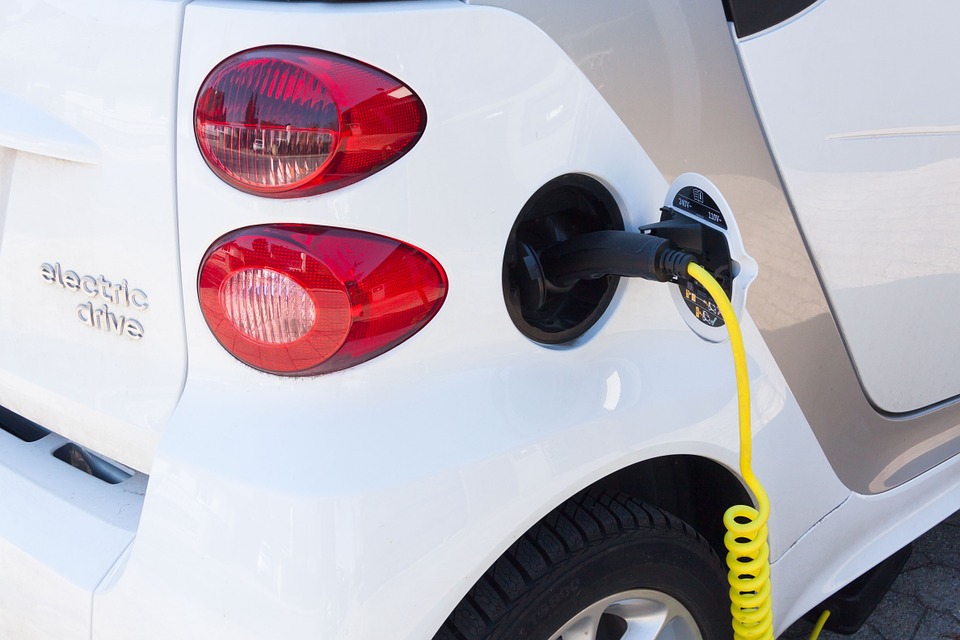Aggressive scenario of Prajit Ghosh, a research analyst of Wood Mackenzie, allows that demand for gasoline may be reduced by 20%. This means that the current level of consumption of 9 million bbl./day will decrease by 2 million barrels.
According to Ghosh, the scenario above is based on the fact that the market will be flooded by cheap electric cars that will be able to cover relatively long distances in a relatively short time. According to the study’s author, it is more than likely that electric cars will occupy 10% of the market by 2035, which will lead to a drop in demand for gasoline by 5%.
Ghosh believes that market appearance of Tesla Model 3 may be the main driver of this trend. Recall that the car will cost about $ 35 thousand. In this case, he said, electric vehicles will have a chance to become a mainstream means of transport. Meanwhile, future holds in stock a dramatic fall in demand for gasoline.
Wood Mackenzie’s study notes that few low-cost models will soon enter the market. In particular, recalls Ghosh, this year is expected to introduce Chevrolet Bolt for as low as $ 30 thousand.
The analyst stresses that spread of electric vehicles in the US will not necessarily lead to bad consequences for companies focused on fossil fuels. According to Wood Mackenzie, fall in oil demand is likely to be offset by increased gas consumption. Demand for electricity will surely jump as the source will be supplied with gas and power from renewable energy sources.
In contrast to Ghosh, oil and gas companies are less optimistic about future of electric vehicles, says the WSJ. The publication quoted BP chief economist Spencer Dale, who said that internal combustion engines still have considerable advantages over their electric alternatives, and therefore he does not expect widespread of electric vehicles in the next 20 years.
In this, EVs now account for less than 1% of total car sales in the US. The publication notes that the main challenge for the electric vehicles manufacturers is to increase the battery energy capacity, which would allow travelling long distances without recharging.
Tesla decided to put a more powerful battery on their cars. It will be able to cover more than 200 miles (320 km) without charging. Its competitors are also doubling the effort, writes the WSJ. Nissan, Hyundai and Volkswagen are already engaged in development of EVs; Ford was going to invest $ 4.5 billion in the development of 12 new electric and hybrid models during the next four years, and Volvo has set a goal to make one million electric vehicles by 2025.
source: wsj.com
According to Ghosh, the scenario above is based on the fact that the market will be flooded by cheap electric cars that will be able to cover relatively long distances in a relatively short time. According to the study’s author, it is more than likely that electric cars will occupy 10% of the market by 2035, which will lead to a drop in demand for gasoline by 5%.
Ghosh believes that market appearance of Tesla Model 3 may be the main driver of this trend. Recall that the car will cost about $ 35 thousand. In this case, he said, electric vehicles will have a chance to become a mainstream means of transport. Meanwhile, future holds in stock a dramatic fall in demand for gasoline.
Wood Mackenzie’s study notes that few low-cost models will soon enter the market. In particular, recalls Ghosh, this year is expected to introduce Chevrolet Bolt for as low as $ 30 thousand.
The analyst stresses that spread of electric vehicles in the US will not necessarily lead to bad consequences for companies focused on fossil fuels. According to Wood Mackenzie, fall in oil demand is likely to be offset by increased gas consumption. Demand for electricity will surely jump as the source will be supplied with gas and power from renewable energy sources.
In contrast to Ghosh, oil and gas companies are less optimistic about future of electric vehicles, says the WSJ. The publication quoted BP chief economist Spencer Dale, who said that internal combustion engines still have considerable advantages over their electric alternatives, and therefore he does not expect widespread of electric vehicles in the next 20 years.
In this, EVs now account for less than 1% of total car sales in the US. The publication notes that the main challenge for the electric vehicles manufacturers is to increase the battery energy capacity, which would allow travelling long distances without recharging.
Tesla decided to put a more powerful battery on their cars. It will be able to cover more than 200 miles (320 km) without charging. Its competitors are also doubling the effort, writes the WSJ. Nissan, Hyundai and Volkswagen are already engaged in development of EVs; Ford was going to invest $ 4.5 billion in the development of 12 new electric and hybrid models during the next four years, and Volvo has set a goal to make one million electric vehicles by 2025.
source: wsj.com





